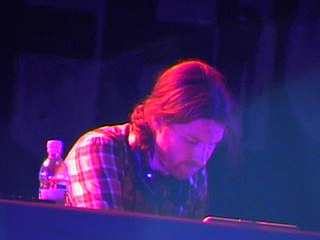A Quote by Arjun Janya
Moreover, if a song is a hit, film makers come to us with requests to score similar tracks. In the process, commercial songs sometimes sound repetitive.
Related Quotes
I don't really have a set-in-stone process or formula. Sometimes the melody is there and I have to chase down the lyrics. Sometimes, the song is there and I have to make the melody fit. What I've learned so far about songwriting is that I can't force a song. If I try to do that, it's hollow, and people know a hollow song when they hear it. It's the song they stop listening to and forget about. I'd prefer not to write those kinds of songs.
I wrote, in total, about 50 or so songs (finished and unfinished) in the 2 and a half years leading up until this moment, and trying to decide what songs to include on the Mini-Album was super difficult, because there were so many different sound/mood roads I could have gone down. But, after going through everything, these tracks seemed to fit together and communicate a similar sentiment and mood the best.
The challenge in writing the songs for The Aristocats truly fell on the animators & director of the film. Robert & I wrote the initial songs for the film, just prior to leaving full-time employment at the Walt Disney Studios. Therefore, some of the songs we wrote for The Aristocats were never used. I believe, therefore, the challenge fell upon the makers of the film to select what songs made the final cut.
Jesus reminds us that prayer is a little like children coming to their parents. Our children come to us with the craziest requests at times! Often we are grieved by the meanness and selfishness in their requests, but we would be all the more grieved if they never came to us even with their meanness and selfishness. We are simply glad that they do come--mixed motives and all.







































